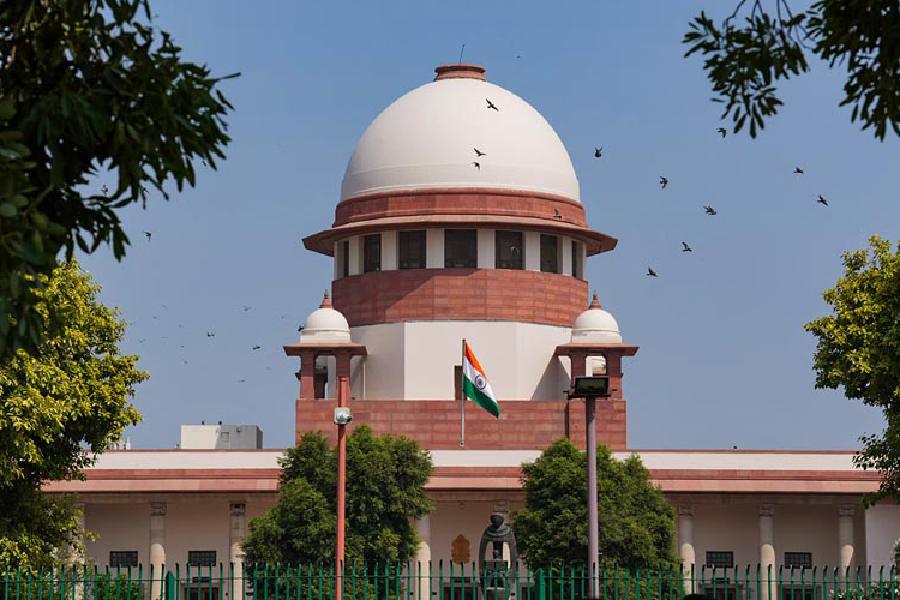The Supreme Court on Monday refused to stay an Allahabad High Court order permitting Hindus to offer worship at the southern cellar on the precincts of the Gyanvapi Mosque in Varanasi, and ordered “status quo” to be maintained till the matter is adjudicated by the top court.
A bench headed by Chief Justice of India D.Y. Chandrachud, while refusing to stay the February 26 judgment of the high court, issued notice to the Uttar Pradesh government and priest Shailendra Kumar Pathak Vyas, who had been appointed by the Kashi Vishwanath Temple committee and the Hindu groups to perform the daily worship at the mosque cellar.
The top court was dealing with an appeal filed by the Gyanvapi mosque committee challenging the high court judgment upholding a Varanasi district court’s order permitting the Hindus to offer worship at the Vyas Tekhana.
While senior advocate Shyam Divan, appearing for the Hindu groups, defended the concurrent directions of the district and high courts, senior advocate Huzefa Ahmadi expressed grave concern over the possibility of a rerun of the Babri Masjid dispute if worship was allowed at the Gyanvapi mosque.
“Bit by bit the Muslim side will lose the whole mosque,” Ahmadi said.
“History has taught us some other lessons where violations have happened despite assurances. This is an egregious order (orders of HC and district court). The communities have lived there peacefully. Why this insistence on having this (worship) now? For 30 years, the situation has been very normal,” Ahmadi argued.
He added: “We know what had happened at Ayodhya. Despite an interim order,
the Babri Masjid could not be protected. This is what is facing us now,” the senior counsel argued.

